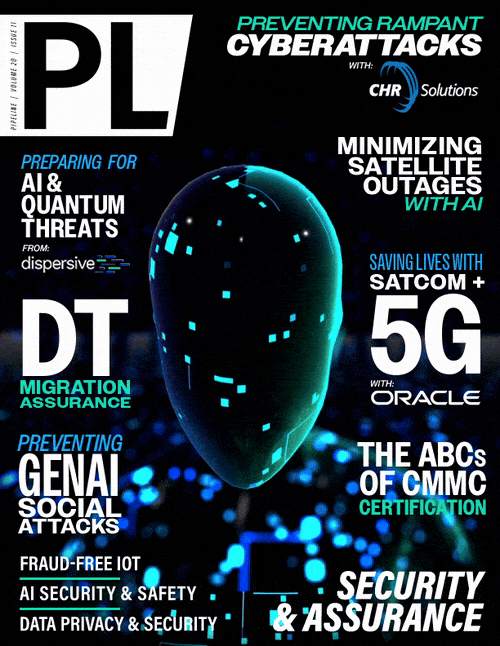News Center
SEALSQ Supports TelcosSEALSQ Supports Telcos in Accelerating Adoption of eSIM Specifications and Remote SIM Provisioning, Enhancing Interoperability and Security in the Cellular IndustrySEALSQ’s comprehensive offering streamlines processes for eUICC manufacturers and SM-DP+/SM-DS service providers, enabling faster time to market, via a cost-effective and simplified design processes for acquiring GSMA PKI Certificates.SEALSQ announced that it is actively supporting the growing adoption of eSIM specifications and remote SIM provisioning within the telecommunications industry, ensuring greater interoperability between devices and promoting a security-by-design approach. This will ultimately lead to a more efficient and secure experience for consumers, fully aligning with SEALSQ's mission to build a safer connected world. The eSIM, also known as the embedded Subscriber Identity Module, is a digital SIM card seamlessly integrated into mobile devices such as smartphones or tablets. Unlike traditional physical SIM cards that can be detached and replaced, an eSIM is embedded into the device’s hardware and can be programmed with multiple mobile network profiles. This allows users to switch carriers and easily start or change mobile plans without needing to replace a physical SIM card. The explosive growth of IoT-connected devices in consumer electronics and M2M (Machine-to-Machine) applications is driving this market expansion. In 2021, the adoption of eSIM technology accelerated significantly, with an increase in the frequency of eSIM profile downloads on consumer devices. Commercial eSIM services for smartphones have now been established in at least 69 countries worldwide, marking a threefold increase compared to 2020. The eSIM also holds immense potential in the automotive industry, where it is expected to open up new growth opportunities. New technologies such as eUICC often take significant time to become adaptable and compatible with mass market requirements. As the IoT technology landscape remains versatile and even erratic, the vast combinations of various technological options lead to challenges in compatibility and interoperability that customers need to overcome. The ongoing standardization and specifications of new technology sets can help ecosystems grow seamlessly together. eUICC marks a key technology, and standardization bodies such as the GSMA provide a strong initiative and foundation for the secure deployment and management of eUICCs in IoT devices. SEALSQ’s comprehensive offering is designed to streamline processes for eUICC manufacturers and SM-DP+/SM-DS service providers, enabling faster time to market. This is achieved through cost-effective and simplified design processes for acquiring GSMA PKI Certificates, a critical component in ensuring eSIM compliance. SEALSQ enhances this value proposition by offering swift access to certificates that comply with the latest SGP.22 v3.0 and SGP.14 v2.1 standards. These certificates are easily accessible through INeS, SEALSQ’s managed "PKI as a Service" platform, which eliminates the need for significant investments in hardware infrastructure. The Company’s focus on seamless integration and operational efficiency underscores its commitment to fostering a safer connected world. By partnering with SEALSQ, GSMA participants can expect the following benefits:
Carlos Moreira, CEO of SEALSQ noted, “SEALSQ brings its extensive expertise in delivering GSMA PKI certificates to eUICC manufacturers and SM-DP+/SM-DS providers globally. As a leader in designing, governing, and managing large-scale PKI ecosystems, SEALSQ ensures that eSIM certificates can securely support millions of connected devices. The seamless integration of SEALSQ’s provisioning services with the GSMA Root-of-Trust CI provides a significant advantage for our customers, enabling them to expedite the issuance of GSMA PKI Certificates for GSMA eSIM-compliant version 3 consumer products while saving time and resources.” As the telecommunications industry embraces the future of eSIM technology, SEALSQ continues to play a pivotal role in ensuring the secure and efficient rollout of these advancements, further driving innovation and safety within the connected world. Source: SEALSQ media announcement | |

















